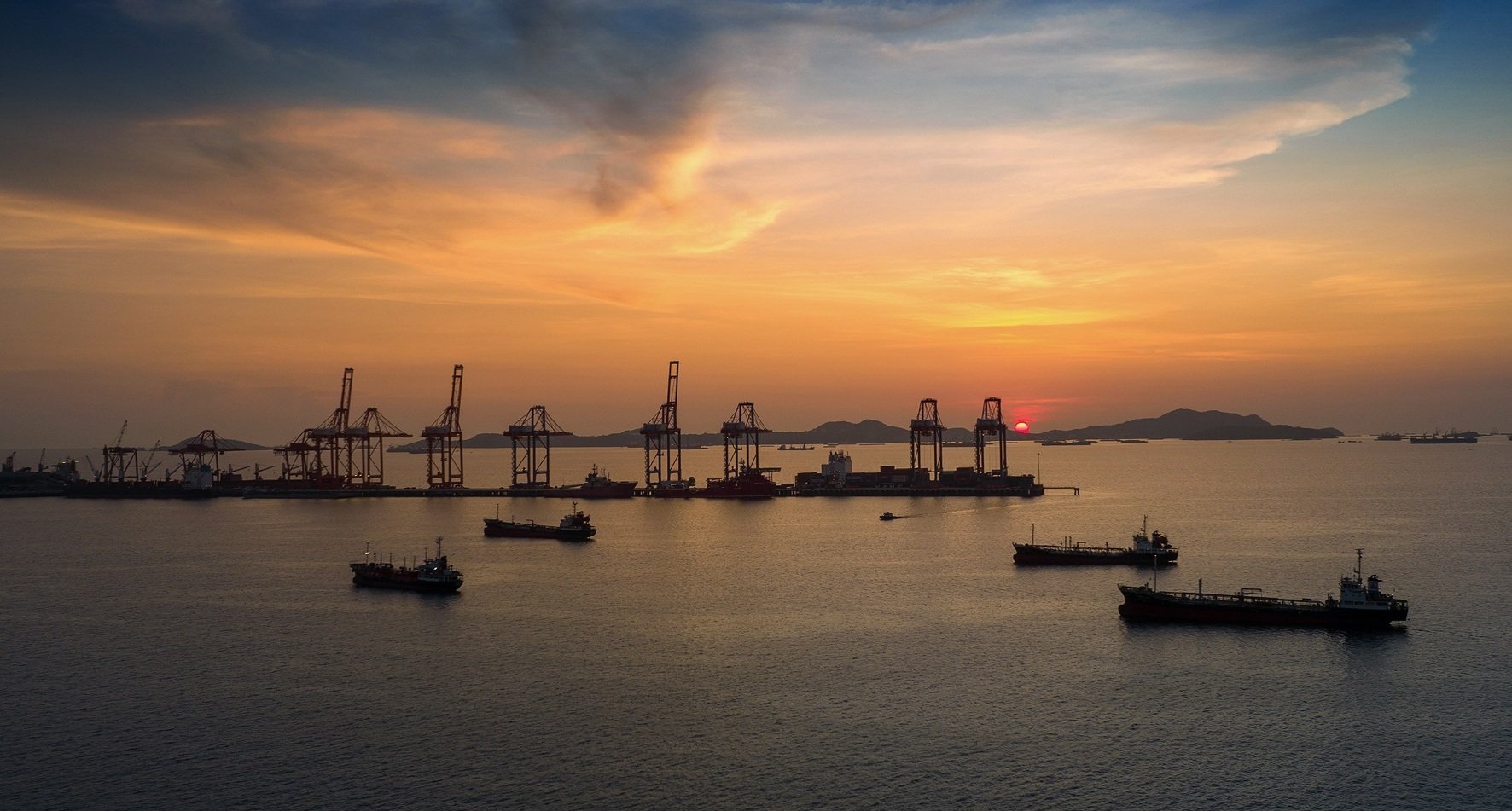The Greek-owned fleet is highly reliant on Chinese shipyards, a dependence that could have a major impact on shipping operations if the proposed US port fee is ultimately implemented
Greece-based Xclusiv Shipbrokers highlighted this concern in its latest weekly report, noting both existing fleet data and orderbook trends reveal a growingexposure to Chinese shipbuilding.
This is particularly evident in the bulk carrier and general cargo sectors, specifically for vessels above 10,000 dwt. According to Xclusiv Shipbrokers, 43% of the Greek-owned fleet was built in China, while 80% of its current dry bulk orderbook is tied to Chinese shipyards. In absolute numbers, Greek shipowners have a newbuilding programme for 168 bulk carriers, with 135 under construction in China.
A significant impact is also expected in the container vessel sector. Although Greek owners do not hold leading market shares in this segment, their reliance on Chinese yards remains substantial.
“The container sector demonstrates the most pronounced dependence on Chinese shipbuilding,” Xclusiv Shipbrokers analysts noted. Approximately 30% of the current fleet was built in China, while 100% of the orderbook (46 vessels) is being constructed across the country’s major shipyards.
Tankers and gas carriers
Shifting to the tanker sector, the trend continues, though to a slightly lesser extent. Xclusiv Shipbrokers data shows 26% of the Greek-owned active fleet was built in China. Moreover, 216 of the 288 tankers (75%) currently on order are being constructed in Chinese shipyards.
By contrast, the gas carrier sector is expected to feel the least impact if the US port fee is implemented. Only 4% of the existing Greek-owned fleet in this sector was built in China, while Chinese-built tonnage accounts for just 7% of the Greek /LPG orderbook (seven out of 100 vessels).
“Greek shipowners don’t favour Chinese yards for this specialised tonnage, possibly due to technological requirements, long-term relationships with specific shipyards, and strategic considerations,” Xclusiv Shipbrokers noted.
Greek shipping’s dominance
According to data presented by Union of Greek Shipowners president Melina Travlos at the annual general meeting on 6 February, Greek owners control a fleet of 5,700 vessels, accounting for 20% of global shipping tonnage.
The bulk carrier sector remains a key focus, with Greek owners operating 2,685 vessels, representing 25% of the global fleet based on dwt capacity. Additionally, they own 887 oil tankers and 526 chemical and product tankers, accounting for approximately 30% of the world’s active tanker fleet.
Greece is also a major player in the LNG carrier market, with 169 LNG vessels, or 25% of the global fleet. The rest of the Greek-owned fleet includes 528 container ships, 153 LPG carriers and 72 vehicle carriers, among others.
Prominent shipowner Harry Vafias told Riviera the proposed US port fee could create a two-tier market, where vessels built in South Korea and Japan would see increased demand and higher valuations, while Chinese-built ships would decline in value.






